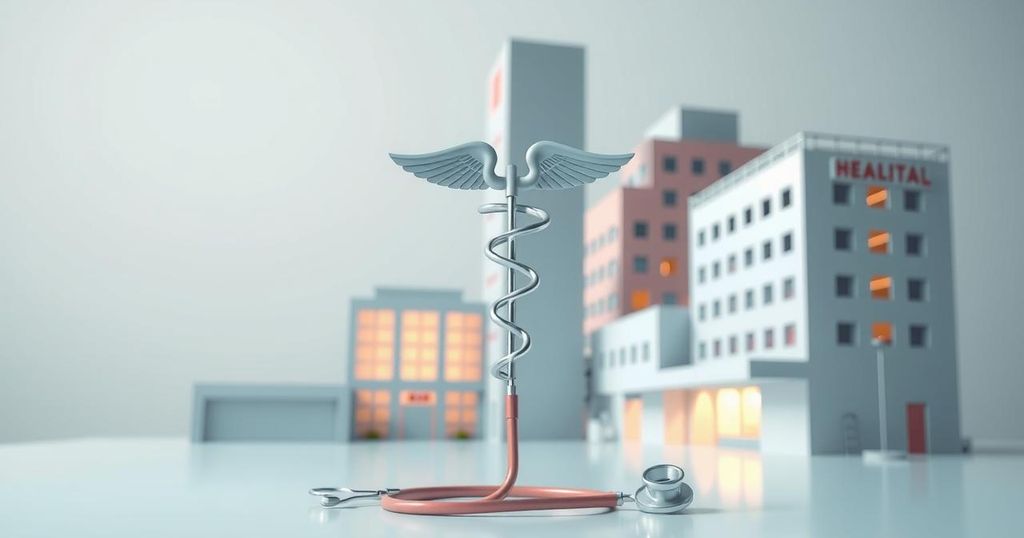Donald Trump’s re-election sent shockwaves through Nigeria’s healthcare system as funding from USAID faced a suspension, halting critical health projects and leaving many vulnerable populations at risk. The Nigerian government is struggling to bridge the funding gap, but community leaders warn that the loss of foreign aid could result in significant setbacks in health outcomes, especially for HIV/AIDS treatment.
The world faced uncertainty after Donald Trump’s re-election, particularly regarding foreign aid policies. Nigeria, heavily dependent on such aid for its healthcare system, braced for changes amid fears of funding cuts. Aaron Sunday, leader of the Association of Positive Youths with HIV in Nigeria, reflected on the potential impacts, especially after an executive order halted foreign assistance, subsequently affecting health projects like the Lift Equity initiative focused on HIV care.
Following the aid freeze, numerous civil society organizations reported receiving cancellations of ongoing projects with USAID, causing significant disruption. The suspension resulted in halted healthcare services, with community health workers losing jobs while essential programs grinded to a standstill, prompting concerns about the future of Nigeria’s health sector. Critics argued that the immediate impacts would be felt by vulnerable populations reliant on these services.
US assistance plays a crucial role in Nigerian healthcare, with Nigeria being a significant recipient of foreign aid. In 2023, the US contributed nearly $72 billion in total aid, with USAID accounting for a substantial portion, specifically targeting healthcare interventions in HIV/AIDS, maternal health, and disease outbreaks. As a result, the absence of USAID led to severe implications for ongoing health programs, with leaders predicting a looming crisis in disease control efforts.
Suspensions of essential health programs posed even more risks, particularly for reliability in treating HIV/AIDS and other health services. Reports indicated a decrease in support for critical interventions, including HIV clinics and nutrition programs, leaving vulnerable communities without access to necessary care. This situation exacerbated existing healthcare inequities across the country.
In response to these gaps, the Nigerian government initiated measures to compensate for the funding lost due to the USAID suspension, including approving substantial allocations for healthcare reforms. Nevertheless, many community leaders asserted these funds are insufficient, emphasizing growing health challenges without the previous level of US support. Calls for increased domestic funding reflect the urgent need for resilient strategies in addressing future health crises.
The suspension of USAID projects due to shifts in US foreign policy has severely affected Nigeria’s healthcare system. This disruption not only threatens ongoing HIV/AIDS treatment and prevention initiatives but also escalates the risks to vulnerable populations reliant on various health services. While the Nigerian government attempts to fill the gap, the inadequacy of domestic funding underscores the importance of international aid in sustaining health interventions and combating disease oversights effectively.
Original Source: www.premiumtimesng.com




